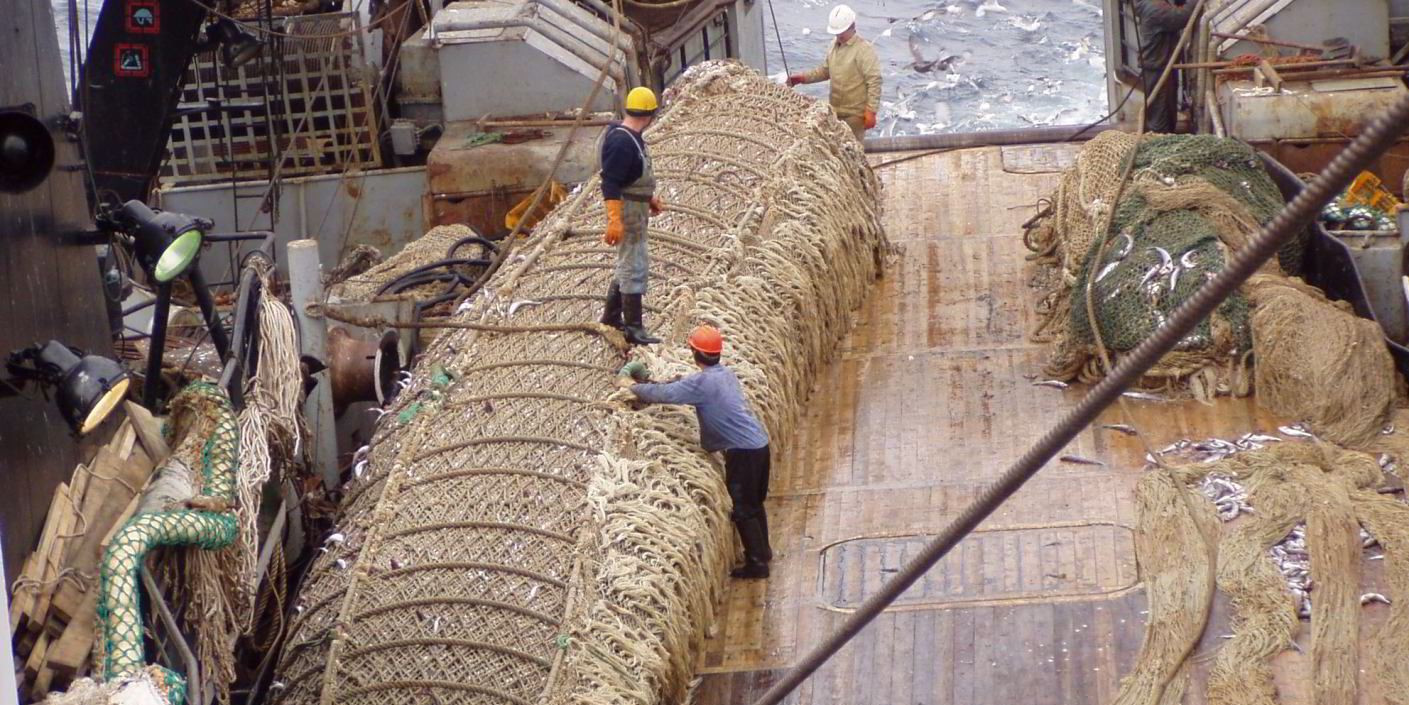Russian scientists at the country’s Pacific Fisheries Research Center (TINRO) recommended starting the pollock 'B' season earlier than usual this June.
“We are expecting an earlier pollock run to Russian waters from the eastern part of the Bering Sea, resulting in earlier reverse migration," TINRO said.
According to the scientists, the overall pollock harvest might amount to 482,000 metric tons in the Bering Sea.
The West Kamchatka subzone will most likely be the major fishing area in the pollock 'B' season, where the catch is expected to surpass 100,000 metric tons -- in addition to 48,300 metric tons harvested in the 'A' season.
Russia closed the pollock 'A' season in April with the total catches of 939,830 metric tons, up 6.2
